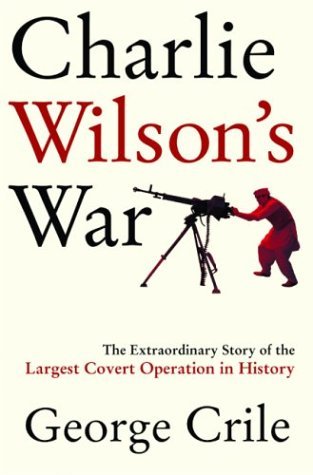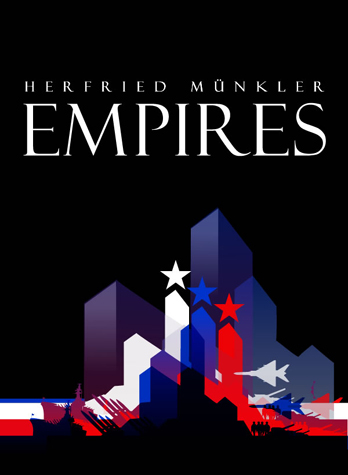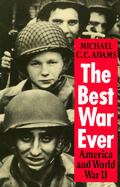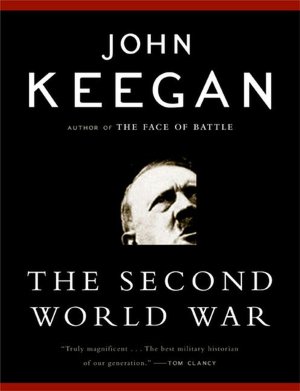Only read Ambrose (if you must) for the human aspect of the war, not for the facts. There's controversy about him re: plagiarism, or making up stuff (eg. his time spent interviewing Eisenhower). This is a deal-breaker for a historian. I've never read anything by him.
I can't comment much on Beevor yet. I didn't like his book on Crete that much, but haven't read his Stalingrad one yet (apparently his best); I probably will once I get around to the subject.
I love WW2 books. One of my favorite reading topics. I like to read up on specific topics and plan trips around them (gone to Market-Garden and Normandy so far; but this is just the beginning!).
I don't have general WW2 books yet. There is a 6-volume series by Churchill himself('The Second World War' that is apparently pretty comprehensive (though I suspect biased), which I might want to read at some point.
For the Eastern front, David Glantz is one of the foremost authorities (or so I've been told on some WW2/wargaming forums). When Titans Clashed is a single-volume book on that front if you want a starting point.
Currently, my favorite WW2 historian is Cornelius Ryan. His 'A Bridge Too Far' book is magnificent. Good military details, good approach to the human aspect, but more importantly, very enjoyable reading. This covers Operation Market-Garden. He also wrote 'The Longest Day' (not as detailed, since it only covers June 6th and not all of Normandy), and 'The Last Battle' (approach to Berlin - haven't read this yet).
My 2nd favorite historian is Charles MacDonald. 'Time For Trumpets' is fabulous from an operational viewpoint, while capturing the atmosphere and human aspect really well. A great read. This is about the Battle of the Bulge (I want to go to the Ardennes some day!). He also wrote 'Company Commander', which is a memoirs of sorts from when he was leading a company.
While there may be books which have more strategic/tactical/logistical details (which I love too; some of them are just chock-full, but I just eat it up as long as it's not
too dry), I'd highly recommend first and foremost
'A Bridge Too Far' and
'A Time For Trumpets'. Both have such an excellent balance of readability, capturing the human aspect of the battles, and military detail. Both battles are also featured in Band of Brothers, so that may be an extra plus.
Bonus: here's a pic I took of the 'Son' landing zone (for the 101st Airborne) in Holland.













